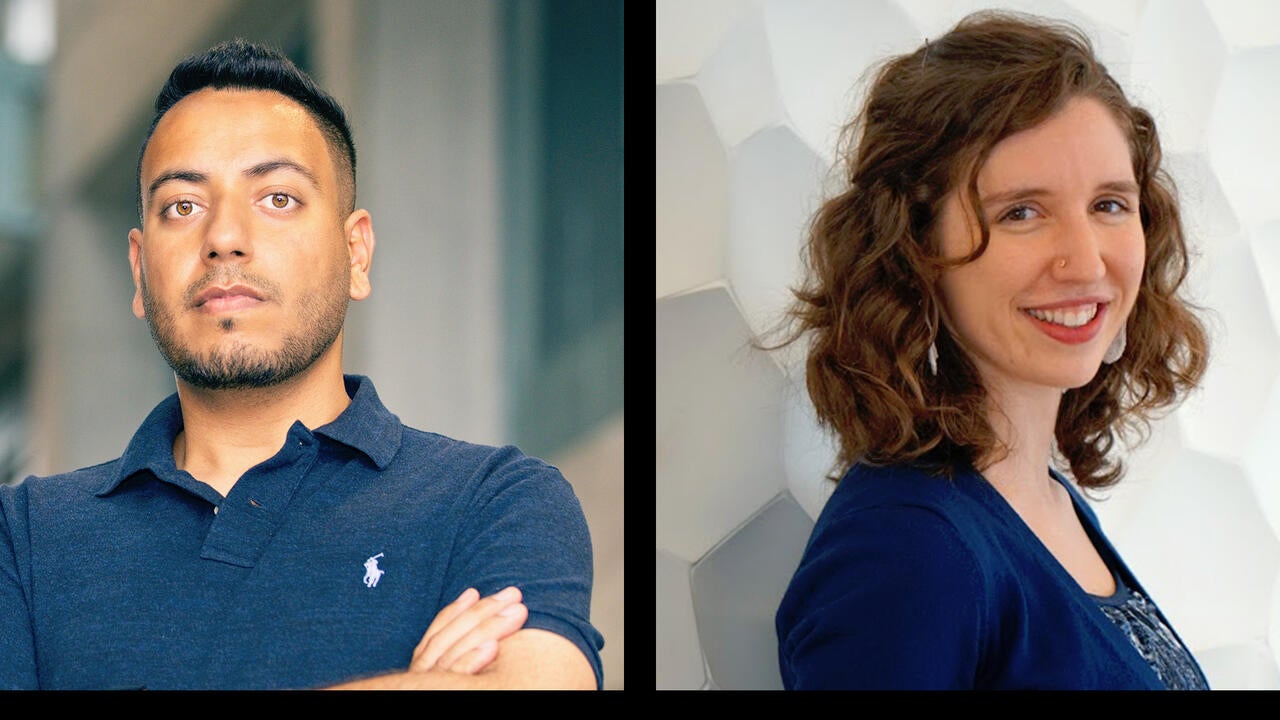
Prestigious Governor General’s Gold Medal awarded to two Waterloo students
Graduate students Tejinder Singh and Sara Leanne Wyngaarden are recognized for their exceptional achievements

Graduate students Tejinder Singh and Sara Leanne Wyngaarden are recognized for their exceptional achievements
By Melanie Scott University RelationsThe Governor General Gold Medal, one of the highest honours in academia, will be awarded to two exceptional University of Waterloo graduate students. Tejinder Singh, who graduated last fall from the Faculty of Engineering, will receive the award for highest standing in a doctoral program. Sara Leanne Wyngaarden, who is graduating this spring with an MSc in Health and Health Systems, will receive the award for highest standing in a master’s program. Awards like this allow our community to celebrate the impactful research and scholarly excellence of outstanding students.
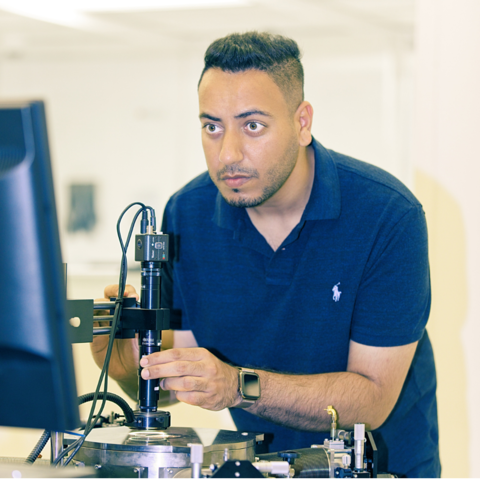
> Tejinder Singh (PhD '20)
“Whatever I achieved during my PhD was a direct result of my curiosity and my passion for learning,” Singh says. “Since my research was in a field I enjoyed, it never felt it like a burden.”
Singh also credits his success to support from his supervisor, Dr. Raafat Mansour, and his wife and fellow researcher, Navjot Khaira. He expresses great appreciation for his parents and siblings who have always supported his dreams of becoming a scientist. “During my PhD studies, I was working to build something useful with real world technological applications, not simply working to complete degree requirements. A lot of what I did was for my own curiosity and satisfaction.”
Singh is currently working as a Postdoctoral Fellow at the world-renowned NASA Jet Propulsion Laboratory (JPL), California Institute of Technology (Caltech), in the US. He is contributing his expertise in phase-change technology to develop cutting edge devices that carry the potential to be included in the next space exploration rovers and for deep space research.
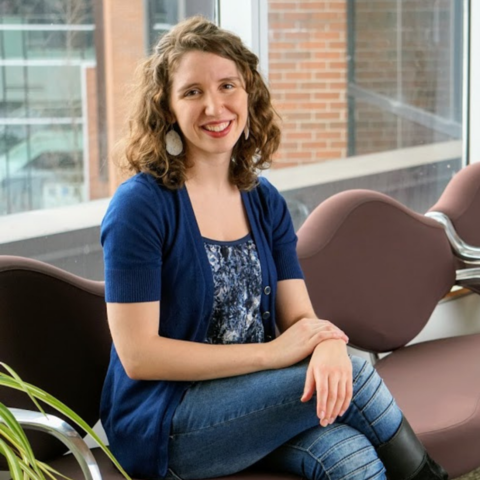
> Sara Leanne Wyngaarden (MSc '21)
After completing her undergraduate degree, Sara Leanne Wyngaarden worked for a small non-government organization in Chhattisgarh, India where she learned that agricultural development is about much more than crop productivity. She realized that many barriers to sustainable rural development are structural or systemic and can be viewed through the lens of health and well-being.
“What I appreciate most about FIPAH’s youth-targeted work is their dedication to expanding the quality and diversity of opportunities available so that rural youth can pursue livelihoods that they value,” says Wyngaarden. “Their goal is to give youth the freedom to choose rural livelihoods, should they so desire, rather than feeling forced to migrate from rural areas to establish viable livelihoods.”
Her research counters prevailing understandings of how rural youth in Honduras navigate their livelihood trajectories, and she demonstrates how local organizations can provide critical supports and empowerment through this process. Wyngaarden’s findings help strengthen the programming offered by FIPAH, as they continue to support the well-being of youth living in remote areas of Honduras.
For the next three years, Wyngaarden will be working as the Program Monitoring and Evaluation Coordinator for Mennonite Central Committee (MCC) in Guatemala and El Salvador. She believes the role provides an incredible opportunity to apply and continue expanding upon the knowledge and skills she gained through her studies at Waterloo.
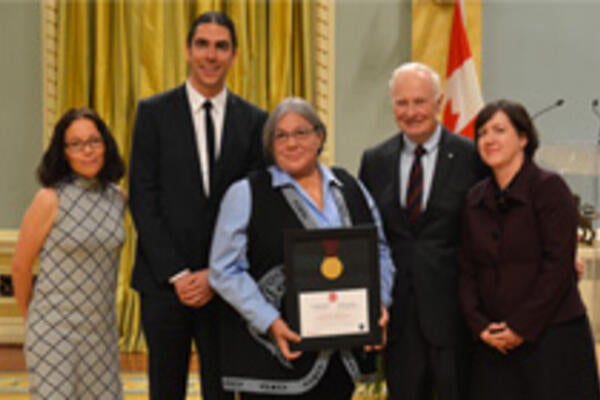
Read more
Susan Roy awarded for “remarkable contribution” to understanding First Nations’ history
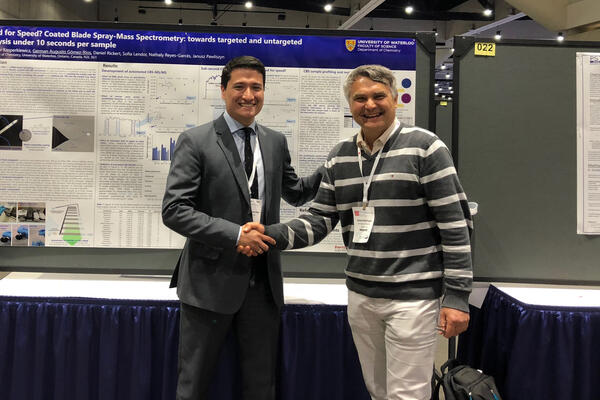
Read more
PhD candidate German Augusto Gómez-Rios wins prestigious award for his outstanding academic record and research.

Read more
Graduate students Robie Hennigar and Samuel Jaques recognized for their outstanding academic record and research
The University of Waterloo acknowledges that much of our work takes place on the traditional territory of the Neutral, Anishinaabeg, and Haudenosaunee peoples. Our main campus is situated on the Haldimand Tract, the land granted to the Six Nations that includes six miles on each side of the Grand River. Our active work toward reconciliation takes place across our campuses through research, learning, teaching, and community building, and is co-ordinated within the Office of Indigenous Relations.